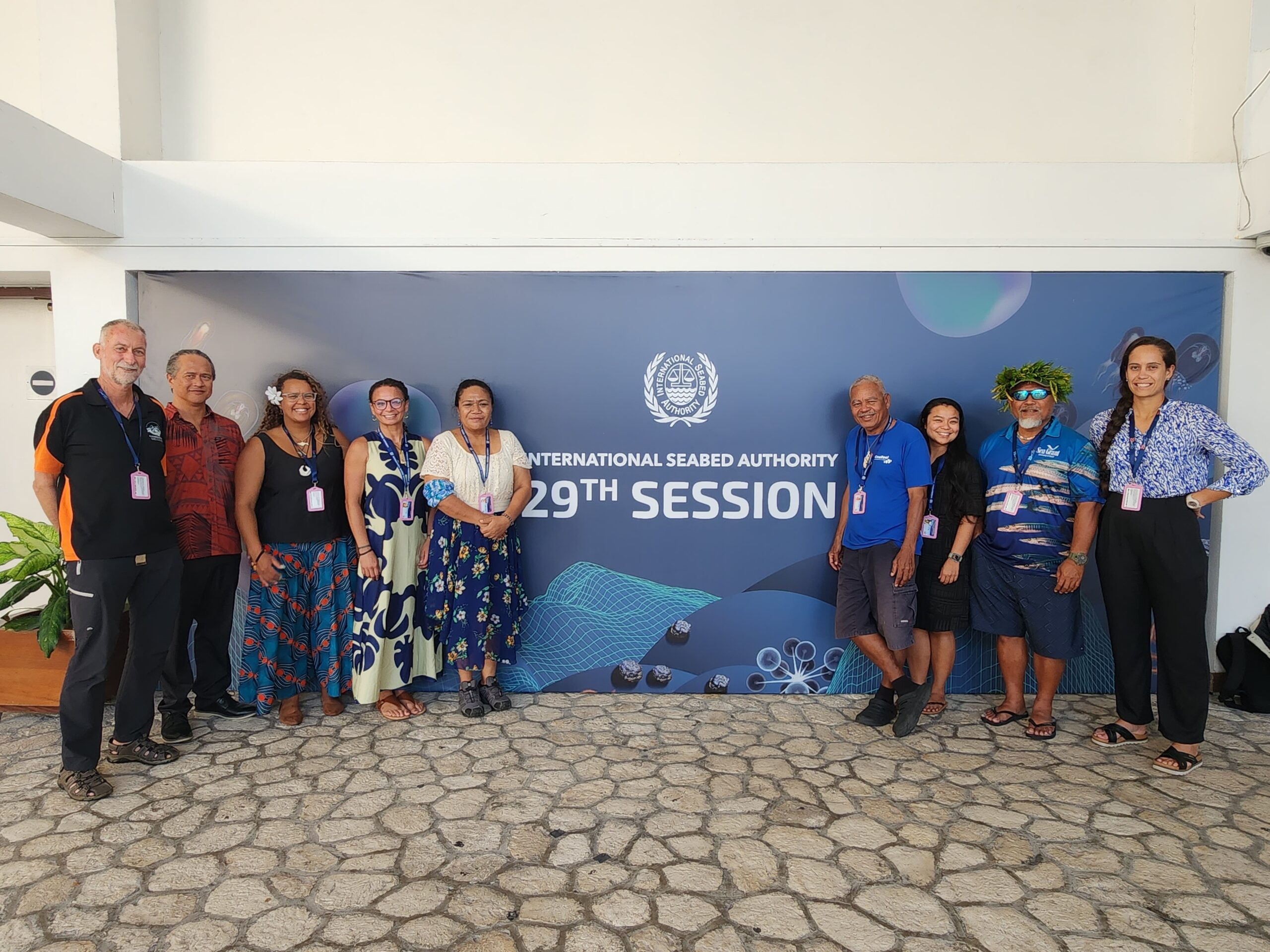Deep divisions at the International Seabed Authority Assembly
This past week Te Ipukarea Society was represented by Alanna Smith and Kelvin Passfield at the International Seabed Authority {ISA) Assembly meeting in Kingston, Jamaica. They were joined on their delegation by master navigators Sesario Sewralur and Larry Raigetal, as well as Brittany Komai and Darienne Dey and Nicole Yamase. Nicole is a young Micronesian marine biologist who was the first Pacific Islander to descend to the bottom of the Mariana trench, known as the Challenger Deep, to a depth of over 10,000m, by small submersible.
We were there on behalf of the Pacific Ocean, fighting to get the ISA to slow down the push to mine our deep ocean seabed in international waters. Earlier on in the week, Te Ipukarea Society co hosted a side event on Tuesday evening with a panel consisting of Sesario, Nicole, Larry, along with Tita Kara from the Civil Society Forum of Tonga. The session was introduced by Minister Ralph Regevanu from the Government of Vanuatu and moderated by Uncle Sol Kaho'ohalahala, a Polynesian elder from Hawaii. The event focused on how traditional Pacific cultures have been used as a vessel to better protect and conserve our ocean as well as the need to better incorporate indigenous science into much of the deep sea exploration dialog taking place at the ISA. It was extremely well attended, including the participation of the President of Palau, the Hon Surangel Whipps Jnr. A number of the long term ISA meeting attendees approached us to say that it was an informative side event providing a new perspective that is only just starting to be recognised at the ISA.
During the Assembly meeting, we were hoping that the Cook Islands Government delegation would show solidarity by lending support to the push to have the ISA agree to work on a General Policy for the Protection and Preservation of the Marine Environment. This was proposed and supported by a number of environmental champions at the meeting including Palau, Vanuatu, Costa Rica, Samoa and other countries. Although supporting the development of this Policy in principle, in their statement, the Cook Islands chose to support the other countries such as China, Nauru, Kiribati, India and others by pushing for the Policy to go back to the Council for further direction, before coming back to the Assembly, effectively delaying this important process for at least another 6 months.
We congratulate the Cook Islands on being selected to be on the ISA Council, a 37 member organ of the ISA that has members based largely on regional representation. We also congratulate the candidate from Brazil, Leticia Carvalho, on being elected as the new Secretary General of the ISA, replacing Michael Lodge, who was running for an unprecedented third term. We are hopeful that Ms Carvalho will move forward with a more precautionary approach to deep seabed mining. In her campaigning for the post, she has said that there should be no commercial mining until the ISA Assembly has adopted a mining code that safeguards the environment. Meanwhile Nauru, with The Metals Company, is expected to submit an application later this year to start mining in International Waters in 2025. This is despite the mining and associated environmental safeguards not not being completed. A number of counties, including the Cook Islands, have said they do not support the start of mining in the absence of an agreed mining code that includes environmental safeguards. In that case, we would expect the Cook Islands to oppose any granting of a mining licence by the ISA to Nauru until these regulations are adopted.
Watching from the sidelines, it is obvious that there are deep divisions between countries; those that want to see deep sea mining begin sooner rather than later, and others that are very concerned about the impacts this destructive industry will have on our ocean.

